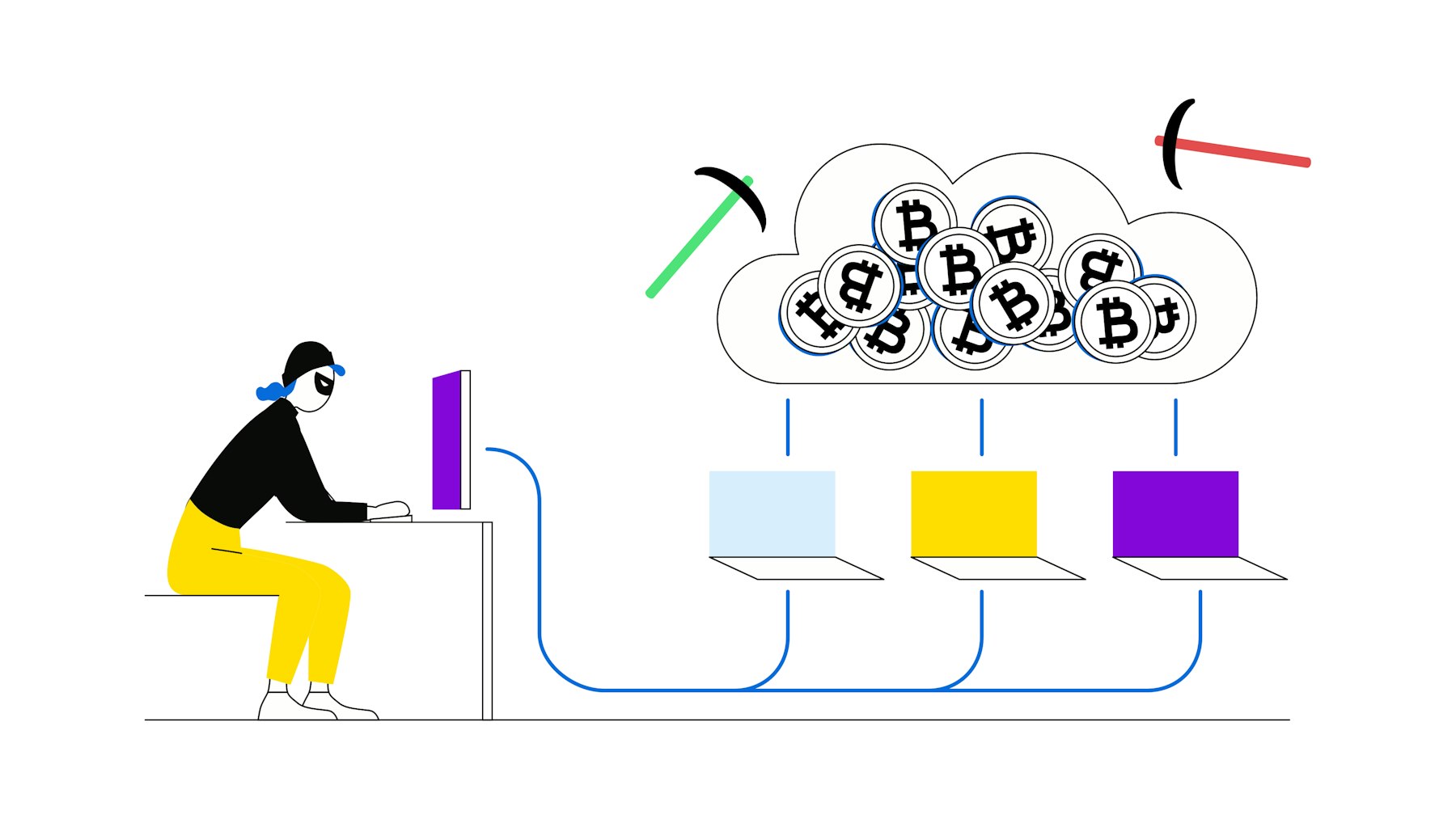The mining of Bitcoin and other cryptocurrencies is as energy and processing power consuming as it is lucrative. So it was just a matter of time until the shadier people online came up with ways to unknowingly abuse other users’ computers on the internet for their own financial gain. This practice is called cryptojacking - a fitting term to describe the combination of cryptocurrency and hijacking.
What happens while you are being cryptojacked is that your computer provides private processing power and energy to cryptojackers mining crypto without you even knowing it.
How does cryptojacking work?
Understanding cryptojacking is pretty simple: You visit a website and while you are there browsing the site, a malware script starts running in the background. This is usually just some basic lines of JavaScript code, which will then use your computer or smartphone to mine a cryptocurrency like the CPU-heavy, anonymity-focused Monero.
What happens while you are being cryptojacked is that your computer provides private processing power and energy to cryptojackers mining crypto with your resources without you even knowing it. There have also been reports of infected Chrome browser extensions, which have already been removed from the Chrome Web Store.
How can I protect myself against cryptojacking?
Browser-based cryptojacking is pretty easy to contend with, as you just need to install free browser extensions like minerBlock (Chrome) or No Coin (Chrome and Firefox) to stop it in its tracks.
Some people regard legitimate, voluntary mining of cryptocurrency in a browser as an alternative monetisation model, which could potentially replace ads on websites.
Is cryptocurrency mining in a browser always a bad thing?
No, it is not. In fact, some people regard legitimate, voluntary mining of cryptocurrency in a browser as an alternative monetisation model, which could potentially replace ads on websites.
For example, users could choose if they want to see ads or knowingly contribute a small portion of their processing power to mine a specific cryptocurrency as payment for avoiding ads. The same applies for charitable organisations, which could, for example, collect donations by asking visitors to install an application or stay on their website.
